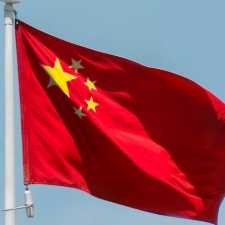
Chinese regulators have unveiled a string of new restrictions on monetisation strategies in games that has seen Tencent and NetEase lose nearly $80 billion combined in market value.
As reported by Reuters, the new rules include spending limits for players of online games, as well as bans on daily login rewards, first-time purchase bonuses and incentives for repeat spend.
Games are also no longer allowed to offer probability-based lucky draw features to minors – which could impact loot boxes and gacha monetisation. Meanwhile, publishers are banned from enabling the auction or speculation of in-game items.
On top of this, publishers releasing games in China must now store their servers in the country.
One boon for the industry, however, is that the stringent licence approval process, necessary to release a game in China, is now limited to up to 60 days.
Public feedback is being sought on the new rules until January 22, 2024.
Tumble guys
Following the announcement, Reuters reported that Tencent shares fell as much as 16%, while NetEase shares dropped by as high as 25%.
“It’s not necessarily the regulation itself – it’s the policy risk that’s too high,” said executive director of institutional sales at broker UOB Kay Hian Steven Leung.
“People had thought this kind of risk should have been over and had started to look at fundamentals again. It hurts confidence a lot.”
The Chinese government has been cracking down on the games and wider tech industries over the last few years. During 2021 and 2022, there was a nine month freeze on new game licences.
The licensing freeze, alongside other regulations, a wider global market downturn and poor macroeconomic conditions, saw China’s mobile games market decline by 14.4% year-over-year in 2022.